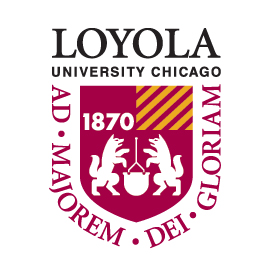3 AM’s interview with Allen Wood
This is a incredibly rich interview with Kant scholar Allen Wood. There’s a lot in this interview (including a subtle discussion of utilitarianism, a plug for reading Fichte more, and a shout out to a deep cut from St. Anselm’s De Casu Diaboli). But the headline discussion is Wood’s interpretation of Kant that challenges the way we often teach him. Here are some highlights:
On the constructivist interpretation of Kant:
If you emphasize the ‘nomos’ (the law), then you get one picture: the objectivity of ethics. If you emphasize the ‘autos’ — the self — you get the idea that we make the law. Kant never hesitated in his choice between the two emphases. He emphasizes the nomos (the universal and objective validity of the law). The relation of the law to the self is only a helpful way of thinking about the law, that helps us better understand its validity for us….Kant says that we may regard ourselves as legislator of the moral law, and consider ourselves as its author, but not that we are legislators or authors of the law (G 4:431)…We can think of rational faculty…as the legislator or author of the law because reason recognizes an objective standard, and to that extent is already aligned with objective moral truth.
On the division of labor for the respective formulas of the categorical imperative:
Formula of Universal Law (FUL): “an aid to judgment…employed when we seek to exempt ourselves from this duty, and to rationalize doing this through the formulation of a maxim that would appear to justify making an exception of ourselves.”
Formula of Humanity as End in Itself (FH): “formula that specifies the motivating incentive for obeying a categorical imperative — that incentive is our respect for the dignity of rational nature as end in itself — and which also provides the means of interpreting or specifying the duties required by the moral principle”
Formula of Autonomy (FA): “the [law] resulting from the combination of [previous formulations] which presents the moral law in its fullest and most proper form…It is a conception of the law (the imperative) that constitutes the truth about what we ought to do….
“Kantian ethics has no decision procedure. It is grounded on a general principle (FA), which is then specified or interpreted (by way of FH) as a system of duties….Their use presupposes that we already recognize some specific duty, and their function is to keep us from being motivated by self-preference to misjudge in a particular case how the duty applies.
the relationship between reason and virtue:
Kant does not think there is anything wrong with being beneficent from sympathy. He thinks we have a duty to cultivate sympathetic feelings by participating in the situations of others and acquiring an understanding of them….He thinks we also have a duty to make ourselves into the kind of person for whom the recognition that something is our duty would be a sufficient incentive to do it (if no other incentives were available to us)…He thinks all is well if I act beneficently, realizing that it is my duty but also having sympathetic feelings for the person I help. But I ought to strive to be the sort of person who would still help even if these feelings were absent.
I’m curious if people who know Kant more than I do want to weigh in on where Wood is correct. But it’s certainly thought-provoking. Check it out!
